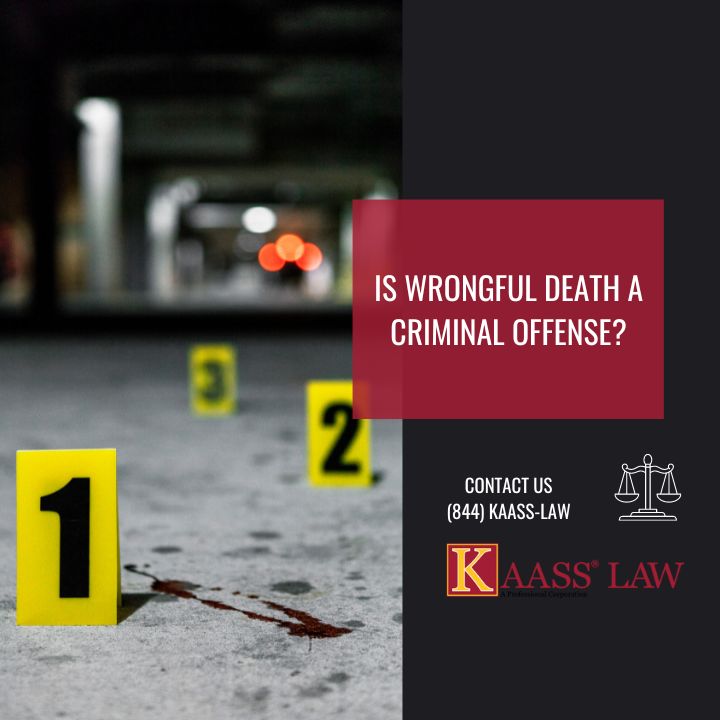Wrongful death cases are not criminal, however, they may entail a crime that caused or is related to the death of another person. Wrongful death cases may subject the at-fault person to criminal prosecution in a separate court hearing. In addition, a person deemed responsible for the death of another person may or may not be convicted of a crime relating to or involving such wrongful death cases.
A wrongful death lawsuit is a civil action in which a plaintiff holds the defendant liable for causing someone else’s death by failing to prevent it or by willfully causing it. When someone dies as a result of another party’s irresponsible action, their relatives and loved ones may be entitled to compensation for the losses they incurred. While people can file a wrongful death claim on their own, a wrongful death lawyer can guarantee that they do so within the statutory time period and avoid unnecessary delays.
Court Cases of Various Types
Generally speaking, there are two separate bodies of law that make up the American legal system. While certain matters may wind up in both courts, their aims, methods, and conclusions are vastly different. Criminal law deals with crimes and their consequences, whereas civil law deals with an individual’s private rights.
Cases in Civil Law
There are no wrongful death offenses since wrongful death matters are heard in civil courts rather than criminal courts. This sort of process permits the decedent’s family members and other survivors to sue an individual suspected of causing the death of their loved one due to carelessness.
They file a wrongful death case in order to get financial compensation from the individual. To establish negligence, the plaintiff or their attorney must show:
- The defendant had a duty of care to the decedent.
- The defendant breached their obligation to exercise care.
- Their violation of duty resulted in the decedent’s death.
- Their death resulted in substantial financial losses for their family or estate.
Civil proceedings allow decedents and their survivors to seek compensation for harm inflicted by someone else. If the defendant fulfills the legal definition of negligence, the decedent’s loved ones may be eligible for financial compensation.
Cases in Criminal Law
Criminal cases, as opposed to civil proceedings, deal with an individual’s transgressions against the government. The sorts of sanctions also differ. Civil trials may require the offender to compensate the deceased and their families. But, criminal proceedings sometimes result in jail or probation for the defendant.
Who Can Bring a Wrongful Death Claim?
Each state has its own statute of limitations that dictates how long a party has to initiate a wrongful death claim, as well as who can pursue it. Certain states require the decedent’s estate’s personal representative to file a wrongful death case, while others allow family members to do so, and still, others allow any side to bring suit.
States also choose which family members are eligible to sue for wrongful death. Some enable unconnected persons who relied on the dead for financial assistance to sue as well. The manner in which the plaintiff must divide the compensation and to whom differs by state. A lawyer can assist people in determining if they can launch a wrongful death claim on behalf of their loved ones.
Damages that a Defendant May Pursue in a Wrongful Death Case
The facts of the case will decide the sorts and quantities that may be provided to the decedent’s loved ones. That is, including the level of pecuniary losses and the long-term consequences on the surviving. Family members may be eligible for one or more forms of compensation, including:
- Medical expenses
- Wages lost
- Future income loss
- Companionship and consortium lost
- Funeral and burial costs
Contact a Los Angeles Attorney
An action for wrongful death is a civil matter, not a criminal one. You may still be able to hold the party responsible for your loved one’s death accountable. Our attorneys might be able to help if you lost a loved one as a consequence of someone else’s negligence. To talk with our legal team about your case review, call 310.943.1171 today. View our other website for more information on other types of cases we can help with.

